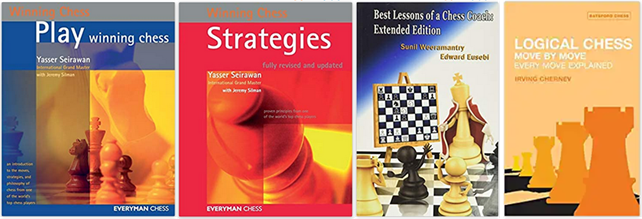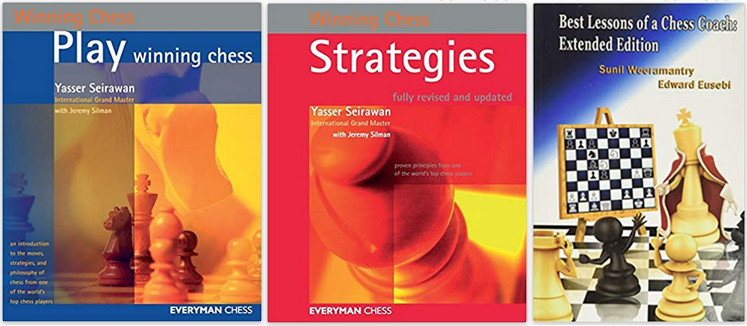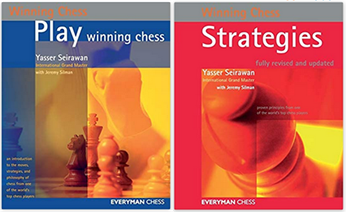I've focused this answer on resources that have clear, strong writing with good explanations. Some also have puzzles that support the author's presentation of ideas.
When I first started playing chess seriously, I found Yasser Seirawan's Play Winning Chess a nice introduction to the practical considerations of
- Force (material)
- Time
- Space
- Pawn Structure
and the narrative, games, tips, puzzles, and quizzes explicitly targeting beginners.
Seirawan's Winning Chess Strategies was a useful foray into basic strategy and helped me come up with plans and evaluate candidate moves better. Very useful chapters such as relevant to your question such as
- Ch. 4: "Understanding Where the Pieces Go"
- Ch. 5: "Superior Minor Pieces"
- Ch. 6: "How to Use Pawns"
again with easy to follow writing and lots of puzzles and quizzes.
I found Best Lessons of a Chess Coach: Extended Edition to have useful explanations for piece placement decisions, including how to punish certain moves by the opponent where the explanation covers the "why" and not just the correct lines. This book targets a slightly stronger audience than Seirawan's books, but the narrative (words!) is pretty detailed.
Chernev's Logical Chess Move by Move is also fairly well known where "[e]very single move of every game will be commented on, in simple, everyday language." Games included cover
- The Kingside Attack (16 games)
- The Queen's Pawn Opening (7)
- Other Strong Master Games & Their Ideas (10).
Of course, there are many other great resources. I'm sure fellow answerers will come up with even better recommendations.
Some relevant episodes of The Perpetual Chess Podcast with discussions on book resources for these topics mentioned by the OP:



